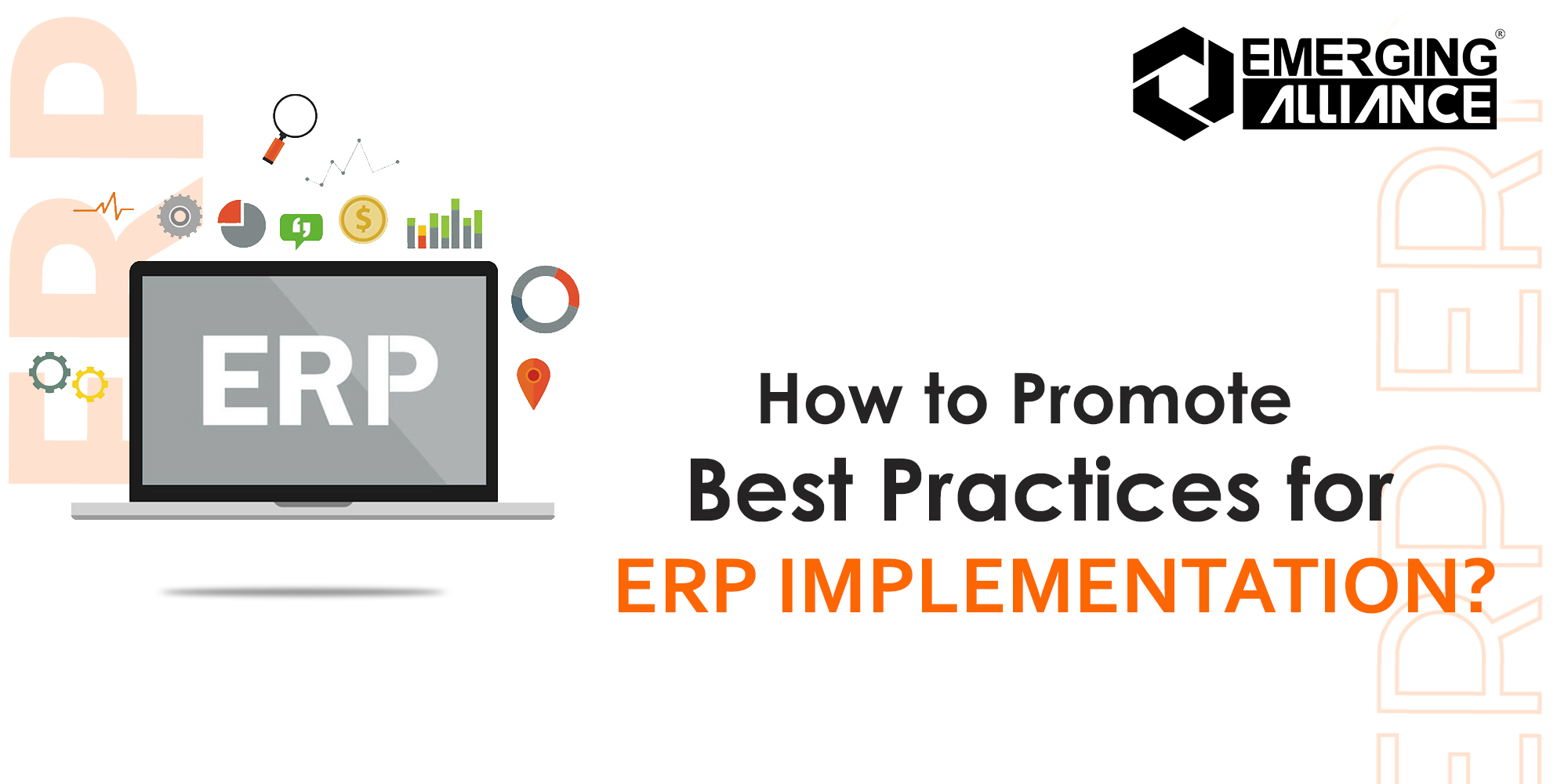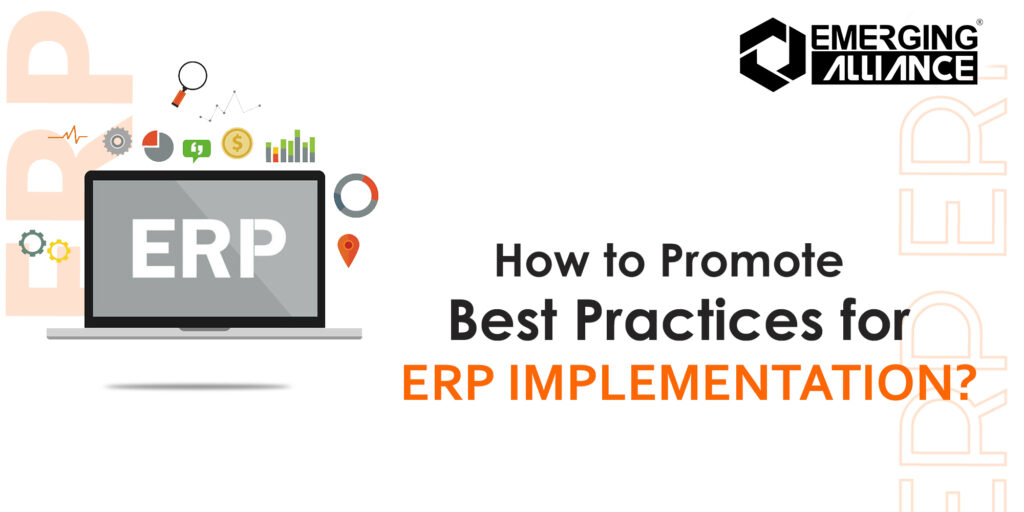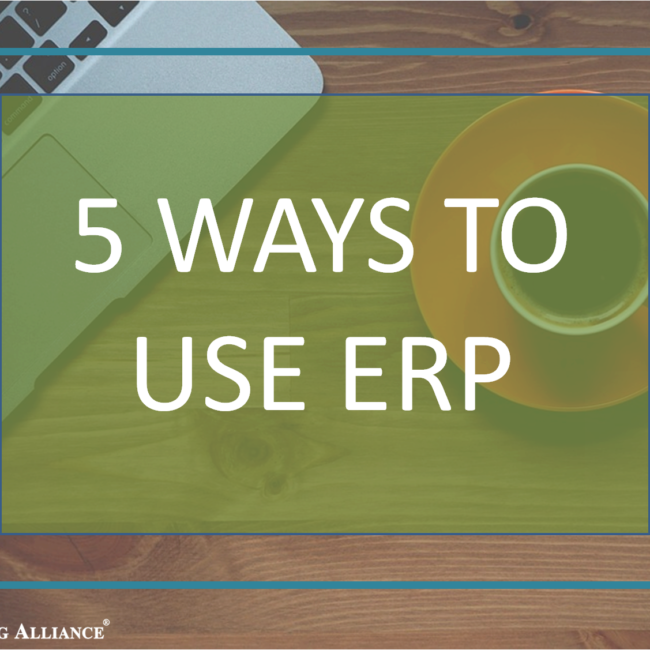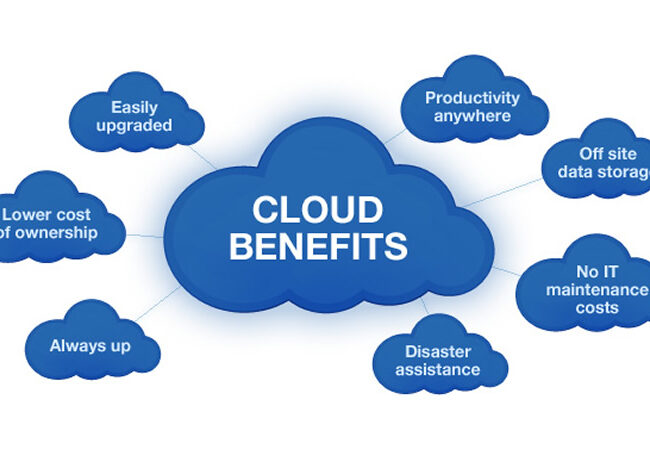
BEST PRACTICES OF ERP IMPLEMENTATION

8 Best Practices for ERP Implementation Success:
ERP implementation is an uphill task involving huge monetary investment and time. Success and failure of ERP implementation rests on the best practices adopted by the organizations. Many organizations go for ERP implementation without much planning and cases of failure with ERP are not rare. Intelligent planning is essential for successful ERP implementation to squeeze out the maximum return on investment.
The best practices of ERP implementation can be summarized as:
1. DEFINE GOALS AND REQUIREMENTS:
The organization should sort out the needs and define the goals accordingly before going for ERP implementation.
2. DEVOTE TIME IN PLANNING:
Allocate at least 4-5 months for effective planning before ERP implementation. Careful planning will help in budgetary allocation as per the organizational requirement.
3. IDENTIFYING CRITICAL BUSINESS PROCESSES:
The organization should identify the critical business processes and make sure that these processes provided by the vendor function with extreme precision.
4. AIM IN GETTING GOAL ROI:
The implemented ERP system should provide good return on investment. Analyze the key cost areas including cost of implementation and other hidden costs.
5. TRAINING THE IN-HOUSE STAFF:
Proper distribution of resources among the staff members and the project team is important for successful ERP implementation.
6. DISTRIBUTION OF RESOURCES:
Allocate at least 4-5 months for effective planning before ERP implementation. Careful planning will help in budgetary allocation as per the organizational requirements.
7. FORMING RISK MANAGEMENT TEAM:
The responsibility of the team is to find out any flaws in the planning and eliminate them timely. The team should maintain a counter plan in case any issue comes during the implementation process.
8. DATA MIGRATION:
This is the most crucial phase of ERP implementation. Sorting out the relevant data discarding the irrelevant ones should be done carefully, while migrating data into the new system.
More Info Click: emerging-alliance.com







